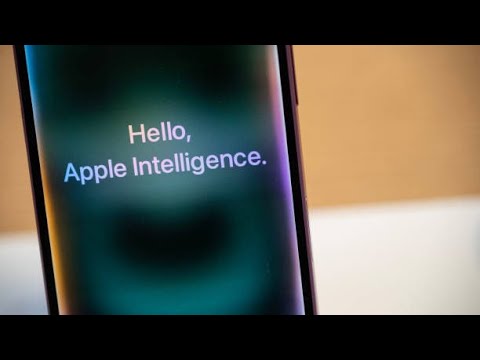Apple is shifting its focus to AI-centered hardware, developing innovative devices like a robotic tabletop assistant, smart home products, and revamped versions of Siri, aiming to integrate AI across its entire ecosystem by 2030. Despite challenges in AI software, Apple is advancing Siri through both internal and third-party AI models while preparing near-term product releases including foldable iPhones and new AirPods.
Apple is currently perceived as lagging behind in artificial intelligence, with critics doubting its future and product pipeline. However, despite these challenges, Apple remains focused on its strength as a hardware company and is planning a significant new hardware pipeline centered around AI. This includes a variety of innovative devices such as robotics, smart home and home security products, multiple new versions of Siri, smartglasses, headsets, and foldable devices.
A standout project in Apple’s AI hardware strategy is a tabletop robot expected around 2027. This device will feature an iPad-like display, sensors, and a robotic arm capable of moving the display to follow or interact with users, helping them throughout the day. This approach aims to bring AI to life by combining hardware manipulation and robotics in a way that hardware companies have not done before. Additionally, Apple is developing a HomePod with a screen for next year, which will offer similar functionality without the robotic arm.
Apple is also revamping Siri with several new versions in development. These include a redesigned visual Siri for iPhone, iPad, and Mac, as well as a new visual Siri for home devices inspired by the old Microsoft Clippy assistant. Alongside this, Apple is pushing into home security with a new camera and doorbell system designed to compete with existing products from Ring, Nest, and ADT, while also serving as a hub for home automation.
Looking ahead, Apple envisions AI becoming the central element of its ecosystem, shifting the focus away from the iPhone and cloud as the core. Instead, AI will integrate all devices—phones, home gadgets, earbuds, glasses, watches, and computers—creating a new generation of interconnected products. While many of these devices are still in development and expected to launch between 2026 and 2030, Apple is also preparing near-term releases, including the iPhone 17 line, a foldable iPhone, new AirPods, and an updated Apple Watch Ultra.
Despite Apple’s struggles with AI software, the company is actively working on improving Siri through two main projects: Lynnwood, which uses upgraded internal AI models, and Glenwood, which relies on third-party models from companies like Anthropic and Google. This dual approach allows Apple to leverage external AI advancements while developing its own capabilities, increasing the likelihood that it can successfully integrate sophisticated AI software with its ambitious hardware plans.
